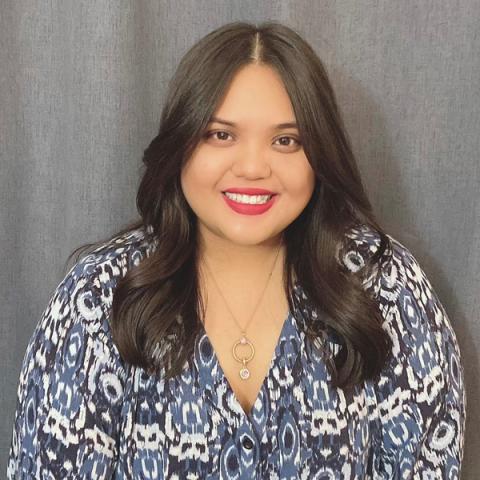Why did you decide to major in PH-GH as an undergraduate?
As a UW sophomore undergraduate in 2016, I decided to apply to the major (back when it was called the “public health major”) because I was interested in learning from an interdisciplinary curriculum that teaches students to build a health equity lens that could be applied to various fields. As an undergraduate, I was intrigued by social and basic sciences and was excited that this major utilizes both to improve population health locally, nationally and globally.
What have you been up to since graduating?
Since I graduated in June 2018, I worked with UW Upward Bound as a program assistant, seminar discussion leader and project coordinator until May 2019. Then, I was hired as the academic services specialist in the UW Department of Bioengineering which is my current work position. I also served as the alumni relations chair in June 2020 through June 2022 on the Public Health-Global Health Major Alumni Council (PHGHMAC) and was an alumni panelist for some of the core courses.
What’s your current job and how does it relate to public health?
I currently work as the academic services specialist in the UW Department of Bioengineering. My role supports students and faculty who research and design biomedical devices to improve population health. Also, my role supports student-centric department committees with initiatives that work towards implementing diversity, equity and inclusion in the curriculum, continuously improving curriculum, and using a health equity lens in design to improve public health.
What is something you learned from studying public health that has been useful to you since graduating?
I have learned that using a lens of equity and justice, as well as understanding socioeconomic status for improving population health, is significant in various fields. This lens helps me engage in different communities and my work with compassion and empathy. I try to critically think through problems and find holistic solutions that are inclusive for all populations affected by my work.
What is something you wish the general population knew about public health that might not be talked about?
I wish the general population knew that prevention is so important in improving population health and it really does take all of us to protect the most vulnerable populations. Also, there needs to be more research and funding for health promotion, education, outreach and women’s and children’s health. Additionally, there is a lot of work being done to rectify the history of discrimination, violence and exploitation of underrepresented and marginalized populations in public health.
What impact do you hope to have on the public health of your communities?
The impact that I hope to have is for all individuals to have equitable health access and educational opportunities. I hope that these communities feel more empowered to achieve their academic goals, network and have better health accessibility. There is more work to be done, but I am hopeful that there will be solutions someday.
What advice do you have for public health students entering the workforce?
The advice that I have for public health students entering the workforce is to be kind to yourself as you are learning and progressing. Also, find mentors and individuals that are supportive of your career trajectory and growth, especially if you are a first-generation college graduate and professional, such as myself. Navigating the workforce and learning to advocate for oneself is challenging, but you will be able to do so with more experience and skills that you continue to develop.
This profile is part of a series celebrating the 10th Anniversary of our Public Health-Global Health Major.


